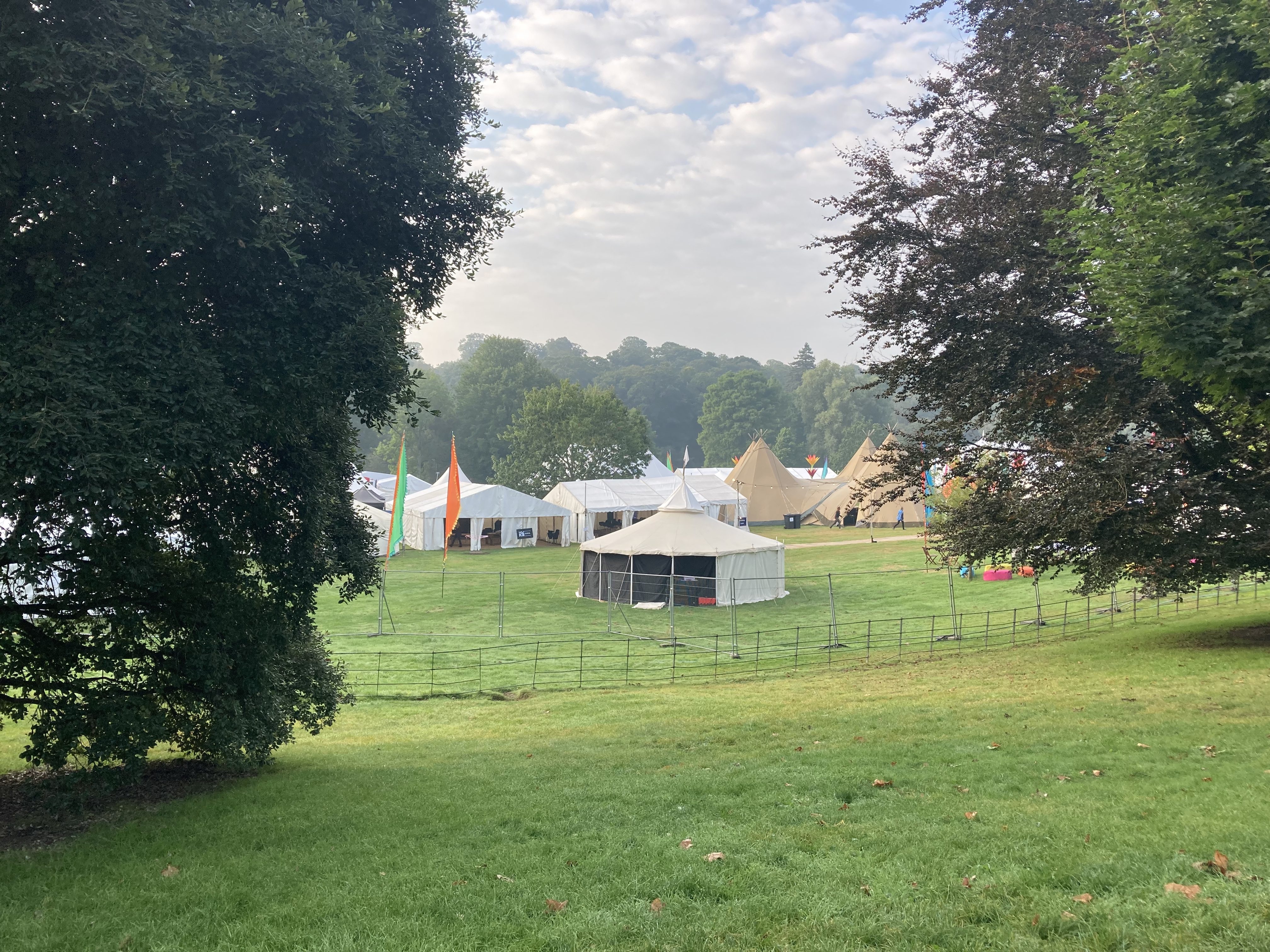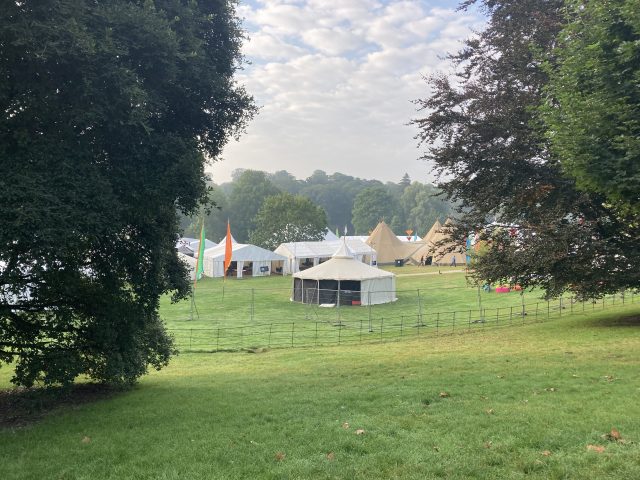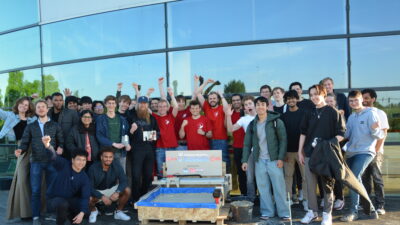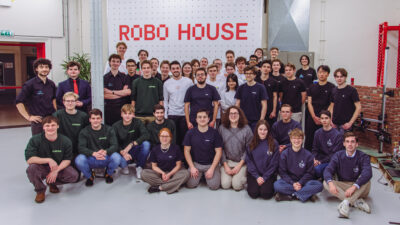Less is More, a book we’ve been reading, ends with a reflection on the power of questions. Its author, economic anthropologist Jason Hickel, writes that some questions shake us out of our unawareness of the basic assumptions that shape our world. With the right timing, a question can stir us as strongly as a life event – like falling in love, or changing jobs or becoming a parent. It can be the beginning of a journey. What kind of deeper questions could resonate with you, the scientists and innovators working on cognitive robotics and the future of work?
We went to HowTheLightGetsIn in London, the world’s largest festival of philosophy and music. Here are some Questions, Quotes and Ideas that may, or may not, get your juices flowing.

Is the Standard Model fatally flawed?
Why has progress in physics stalled?
DEBATE: New Theories of the Universe
CONTEXT: Since the 1970s we have understood the world through the lens of the Standard Model and its account of the forces and particles that make up the universe. It was a remarkable success, correctly predicting the discovery of quarks, the W and Z force particles and most recently the Higgs boson. But trouble is brewing. A series of deep puzzles have emerged. The theory cannot explain gravity, dark energy or dark matter. Supersymmetry has not been found and a theory of everything to simplify the Model’s random complexity has not been forthcoming. Progress in physics seems to have stalled.
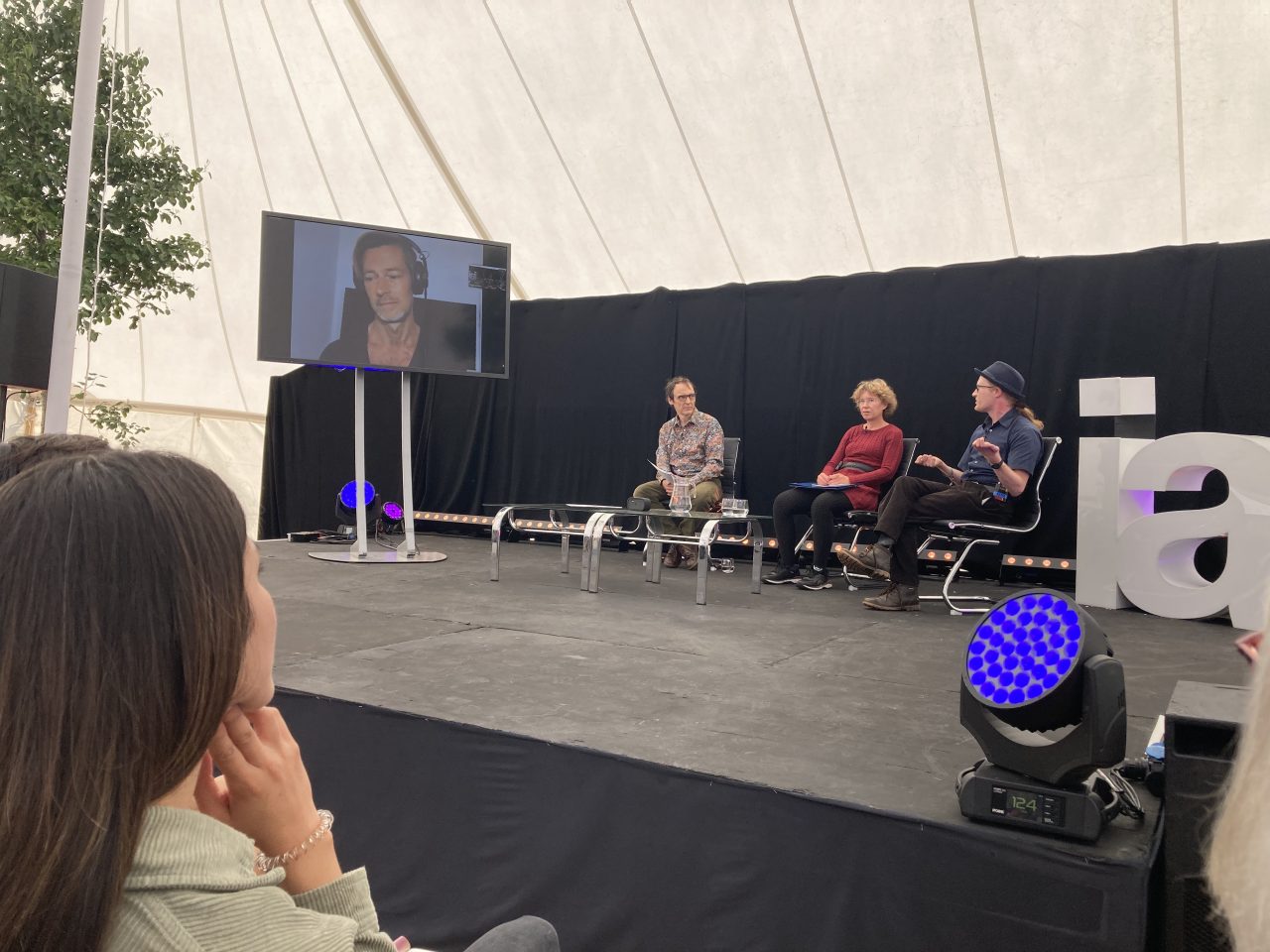
QUESTIONS: Can the Standard Model be modified and improved to answer the puzzles that currently beset it? Or is the model fatally flawed – and time for the next great paradigm shift in science to a radically different account of the universe?
QUOTES: “The easiest way is to work on what everybody else is working on. Even tenured professors have a very hard time if they’re working on a new paradigm. If people are doing this at an early stage in their career, they drop out,” says Sabine Hossenfelder.
Björn Ekeberg says: “The harder the problem, the more people rely on other people’s judgement and established views or explanations. This is worrying, because I can’t think of a bigger or harder problem than the unexplained workings of the universe.”
“Physicists have to be more careful about writing down the assumptions that underpin their theories, and be prepared to throw them out,” says Sabine Hossenfelder. “But this doesn’t happen enough.”
Sam Henry says: “We always live in hope that we are going to see something really unexpected. This would contribute to change.”

Can we see nature as having intrinsic value, rather than just having instrumental value?
Might re-embracing Mother Earth be just what we need to prevent environmental catastrophe and self-annihilation?
DEBATE: The Oldest Gods
CONTEXT: From Greece’s Gaia to Inca’s Pachamama, from the Norse Jörð to the Hindu Prithvi, humans have long seen the Earth as a divine being. But Christianity and modern Western culture took god out of nature. The planet has been recast as a resource, to be conquered, settled and tamed. Now, however, the tides are changing again. Nature for many is once again the new god. Rivers and rainforests are being given legal rights and some philosophers go further arguing that the planets of the solar system should also be seen to have rights independent of any human engagement with them.
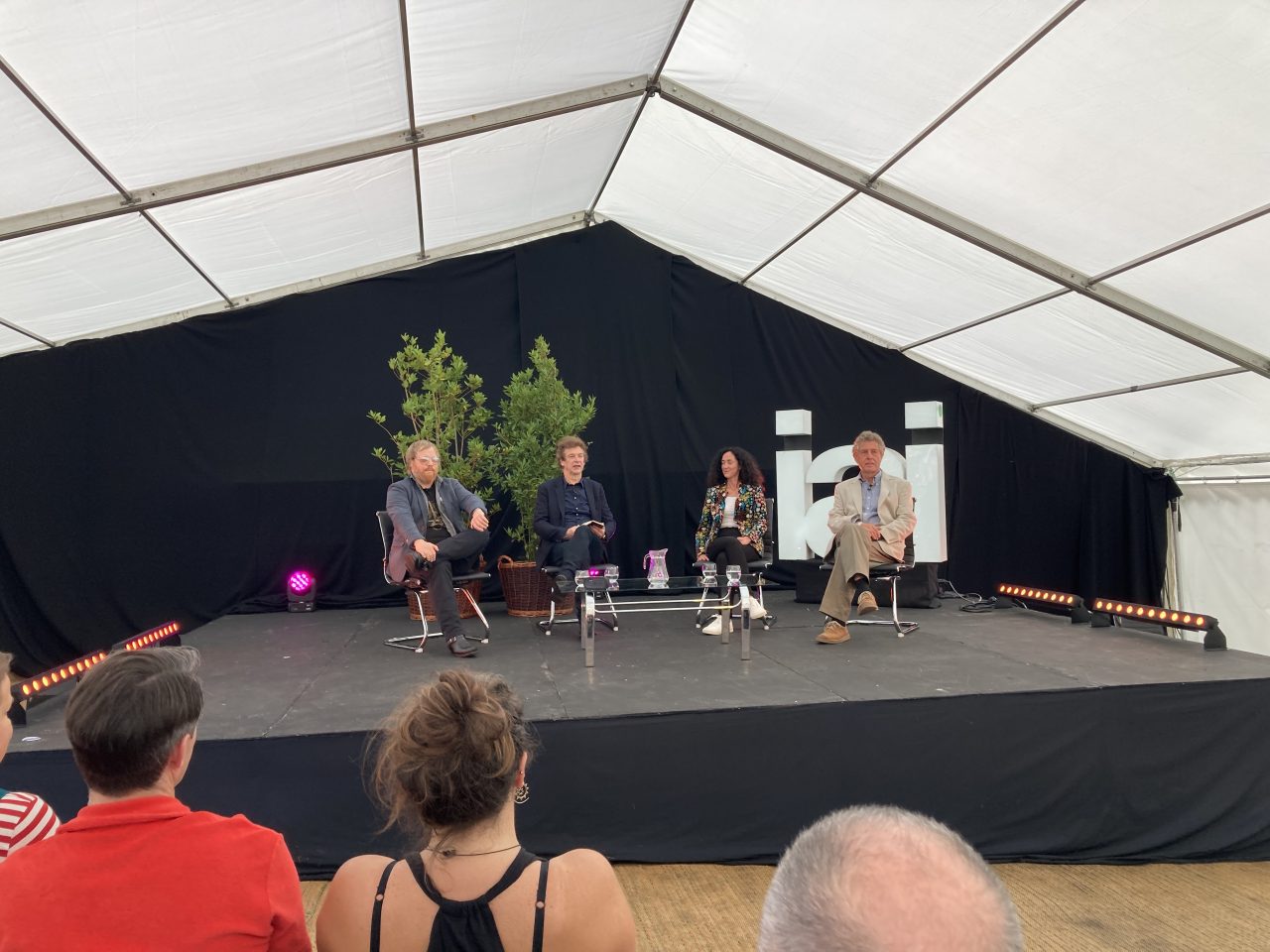
QUESTIONS: Might re-embracing Mother Earth be just what we need to prevent environmental catastrophe and self-annihilation? Or is the return to the gods of nature a dangerous step that undermines human goals and values and threatens a return to superstition and fate?
QUOTES: Peter Atkins says: “Can we see nature as having intrinsic value, rather than just having instrumental value? If we do not respect nature more, we will continue to exploit it.”
Peter Sjöstedt-Hughes says: “Descartes seperated mind and matter. Now we’re in a cul-de-sac. How do you get matter from meat? I take the position: nature is god, whilst remaining pro-science. Which means that our ethics stops being anthropocentric. And that we can stop looking at technological fixes and shift towards metafysics to get us out of this conundrum.”
Melanie Challenger says: “All this is a response to the ecologic crisis, in which we see ourselves as a disruptive agent. The animist view of nature turns on our affiliative mindset, our biology, to make us care more. We should be aware of the work this concept is doing for us.”
Tim Palmer says: “Why is a farmer cutting down the rainforest? He is concerned about making enough money to make a living for his family. Can we include ourselves in our notion of nature? We should be careful when elevating nature, that some people will automatically disregard technology and science as solutions to our problems.”
Hilary Lawson says: “What is our relationship to nature, as people? Should we consider our interests placed above the rest of nature as a whole? Or should we be happy to go extinct if that would mean the rest of nature would survive?”
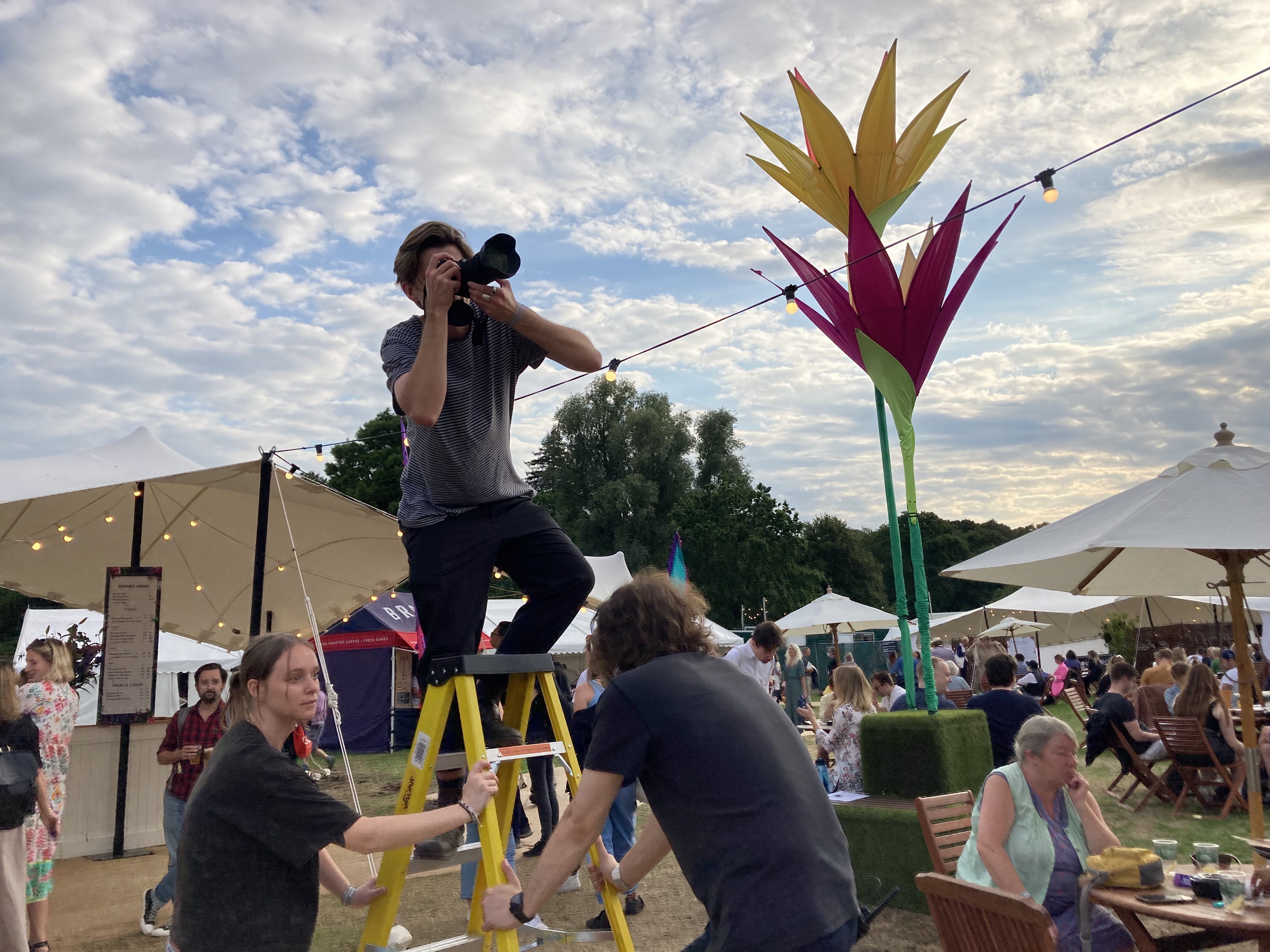
The world is on fire. Is the idea of a simulation making us less eager to act?
Should we take the idea that we are living in a computer simulation seriously?
DEBATE: Lost in the Matrix
CONTEXT: Until recently the possibility that we are living in a computer simulation was largely limited to fans of The Matrix with an over active imagination or sci-fi fantasists. But now some are arguing that strange quirks of our universe, like the indeterminateness of quantum theory and the black hole information paradox are evidence that our reality is in actuality a created simulation. Moreover, tech guru Elon Musk has come out supporting the theory, arguing that “we are most likely in a simulation”.
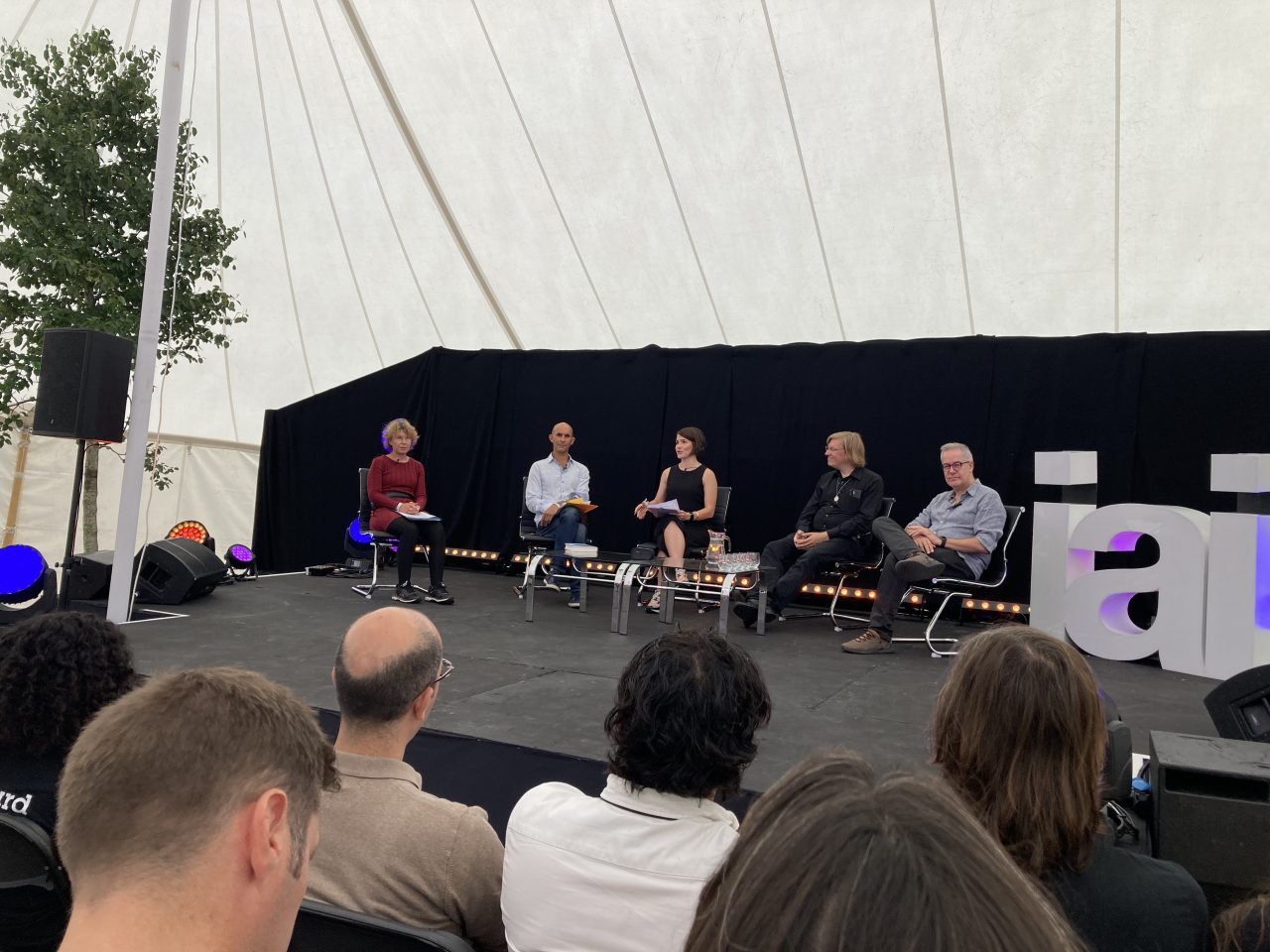
QUESTIONS: Should we take the idea that we are living in a computer simulation seriously? Or is it a sign of the extent that we can be taken by films and fiction in the same way that UFO sightings coincide with TV and movies? Or is the puzzle a contemporary reformulation of the philosophical question made famous by Descartes, of how we can know that reality is not a dream?
QUOTES: Anders Sandberg says: “If an argument sounds bonkers, it doesn’t mean it’s not true. We might have to think that our world is much weirder than we think. Quantummechanics is much weirder than us living in a world created by a teenager in his basement.”
Sabine Hossenfelder says: “Does this suppose that the universe is created by a computer that more or less runs like the computers we know? Then the answer is no, because the universe as we observe it does not behave according to algorithmic processes.”
Anil Seth says: “Consciousness is not substrate independent, it’s not independent of our living bodies. It goes all the way down. So I would be careful to make a claim about the universe, based on an assumption that a simulation is separate from the hardware, like in a computer. And by the way: the premise of The Matrix is very different from the premise that we are all living in a simulation.”
Massimo Pigliucci says: ““Is believing in a simulation not just a secular religion? The simulation only becomes interesting because it implies a simulator. Conceivability is not a good guide in general, because it has been proven wrong many times. Think of the idea of squaring the circle. They tried it for many centuries, until it was mathematically proven that it’s impossible.”
“The world is on fire,” says Anil Seth. “Is the idea of a simulation making us less eager to act? Since it supposes there will be other simulations and other opportunities to have a world and live lives?”
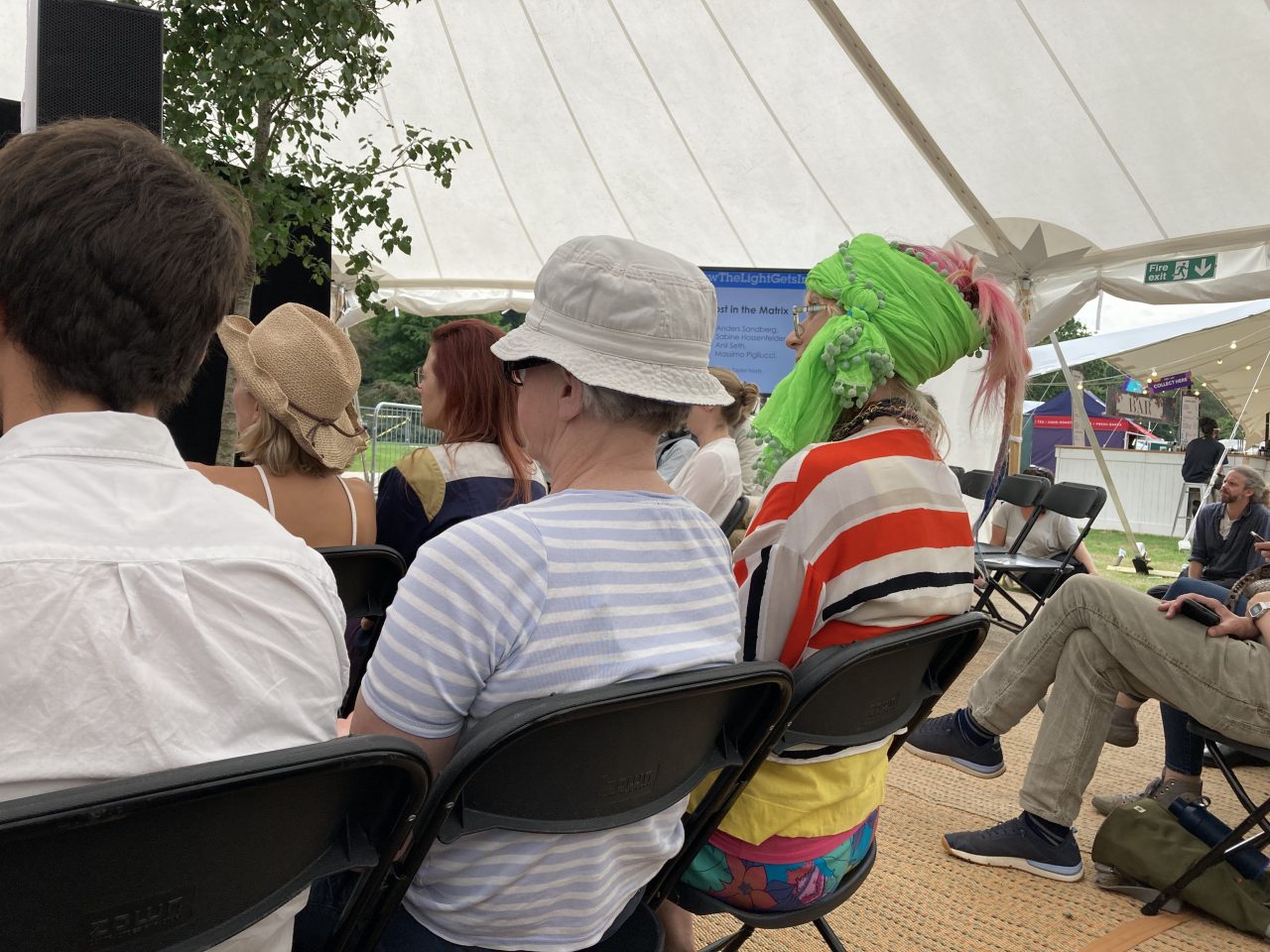
Should we instead be showing people that they don’t have personal deficits, but that they are doing a terrific job with living in a very difficul world?
Have we made a mistake in focussing on medication and therapy when the real issues are social?
DEBATE: Heaven is Other People
CONTEXT: Even if we don’t always admit it, most of us need other people. Lockdown made clear that the ability to hug friends, see loved ones and socialise is central to mental wellbeing. Depressive symptoms tripled in young people during lockdown. Yet mental illness is typically treated as a medical rather than a social issue. Antidepressant use in the US increased 400% between 1988 and 2008, and in 2017, 1 in 6 adults in England were receiving a prescription.
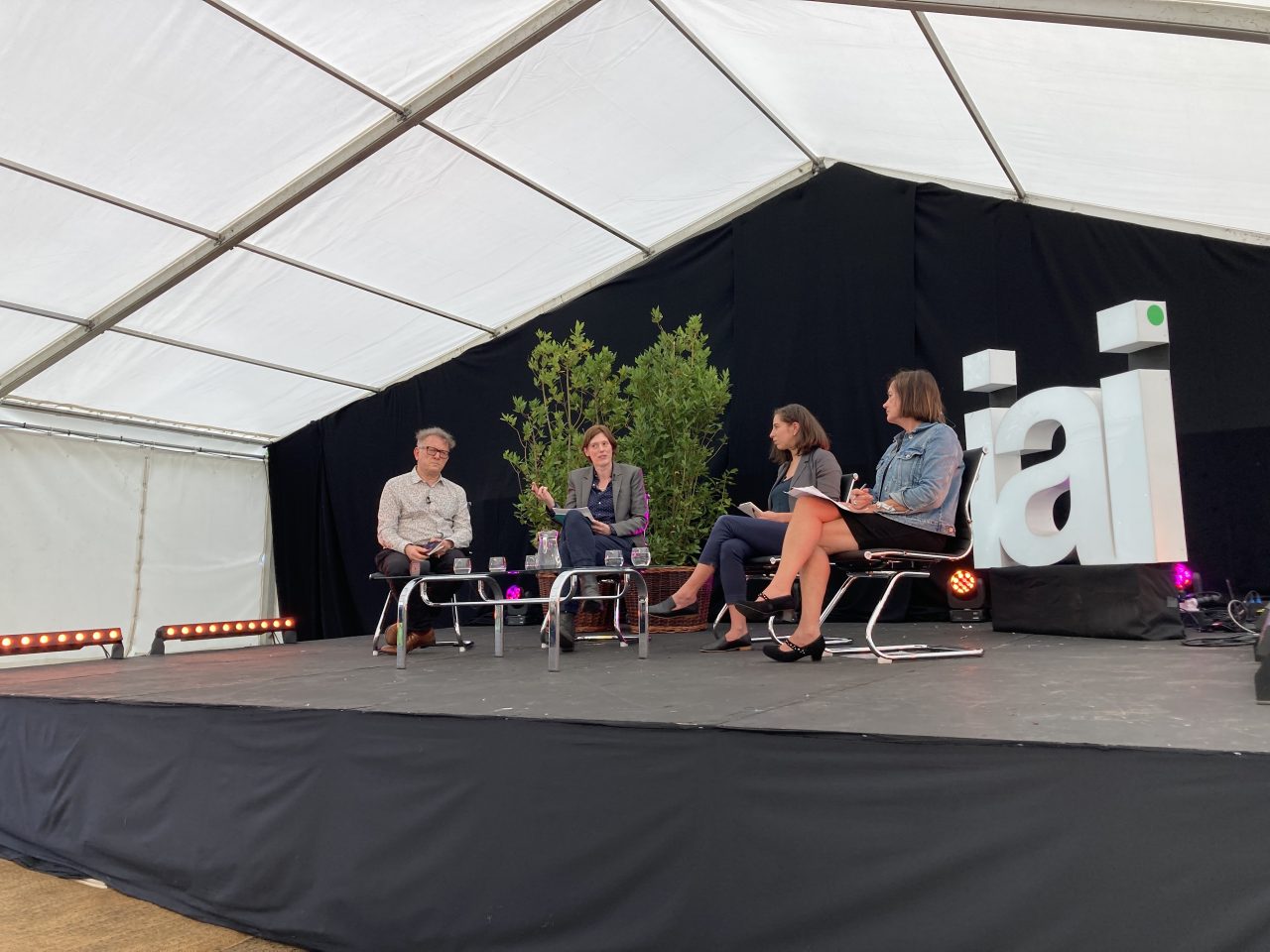
QUESTIONS: Have we made a mistake in focussing on medication and therapy when the real issues are social? Should we instead target social change to reduce loneliness and isolation and encourage richer and more meaningful contact? Or would this be a disturbing attempt to engineer our personal lives and instead welcome the treatment of mental illness as an overdue recognition of a widespread human condition?
QUOTES: Sarah Garfinkel says: “We need radical societal change. True happiness comes from knowing you will be supported, and supporting others when they are not well. That is why our society should be more just, more equal and we should increase a welfare state that supports people. And we should stop being so individualistic. We should get better at understanding what truly makes us happy. That said, sometimes medication can help people in crisis to get ready to deal with the world again. And some conditions, like bioplarity, have a strong genetic roots, so they will probably always be there, even if society changes for the better.”
Lucy Johnstone says: “In many cases, what is called a mental illness are healthy, normal human responses to traumatic events. We should stop diagnosing people with syndromes, and stop using medical language as if what happens in our minds is similar to what happens in our bodies. We should change the paradigm; the system is now sweeping up the casulties of society and declaring them mentally ill, which is disctracting us from looking at the root causes of all this suffering; social inequalities and injustices. We should instead be showing people that they don’t have personal deficits, but that they are in fact doing a terrific job with coping and living in a very difficul world. We should reclaim the right to experience the normal ups and downs that come naturally with living your life.”
Mark Salter says: “I’m a medical man. We do know what works. Be kinder towards each other. Close private schools. Many things work, including anti-depressants, but we have to use them skilfully. We should not be discrediting our doctors, the expert healers. I think we should give our healers the respect that they deserve.”
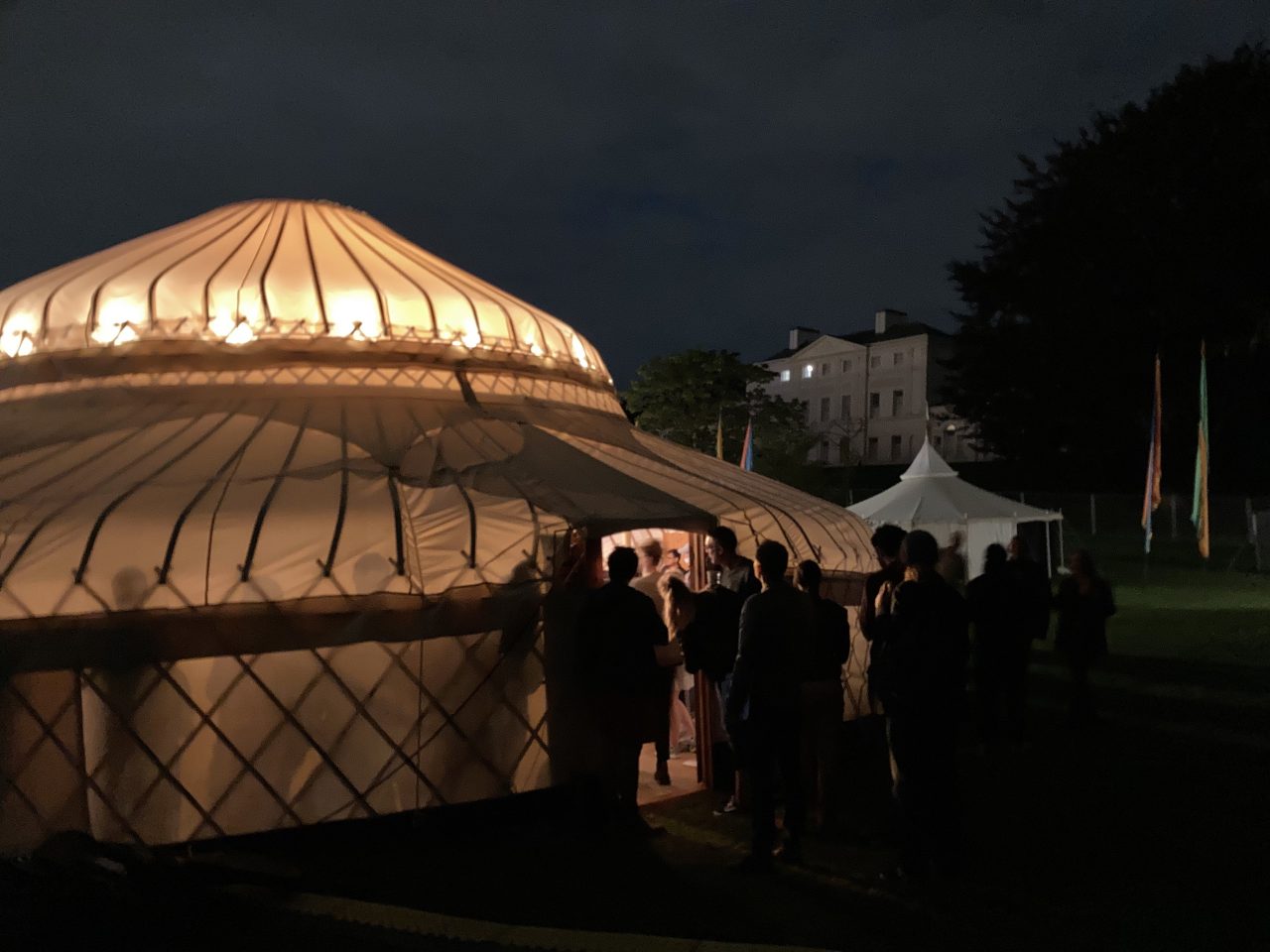
‘We live in a rat-potato world.’
‘Are you a rat face or a potato face?’
COMEDY: Alice Brine
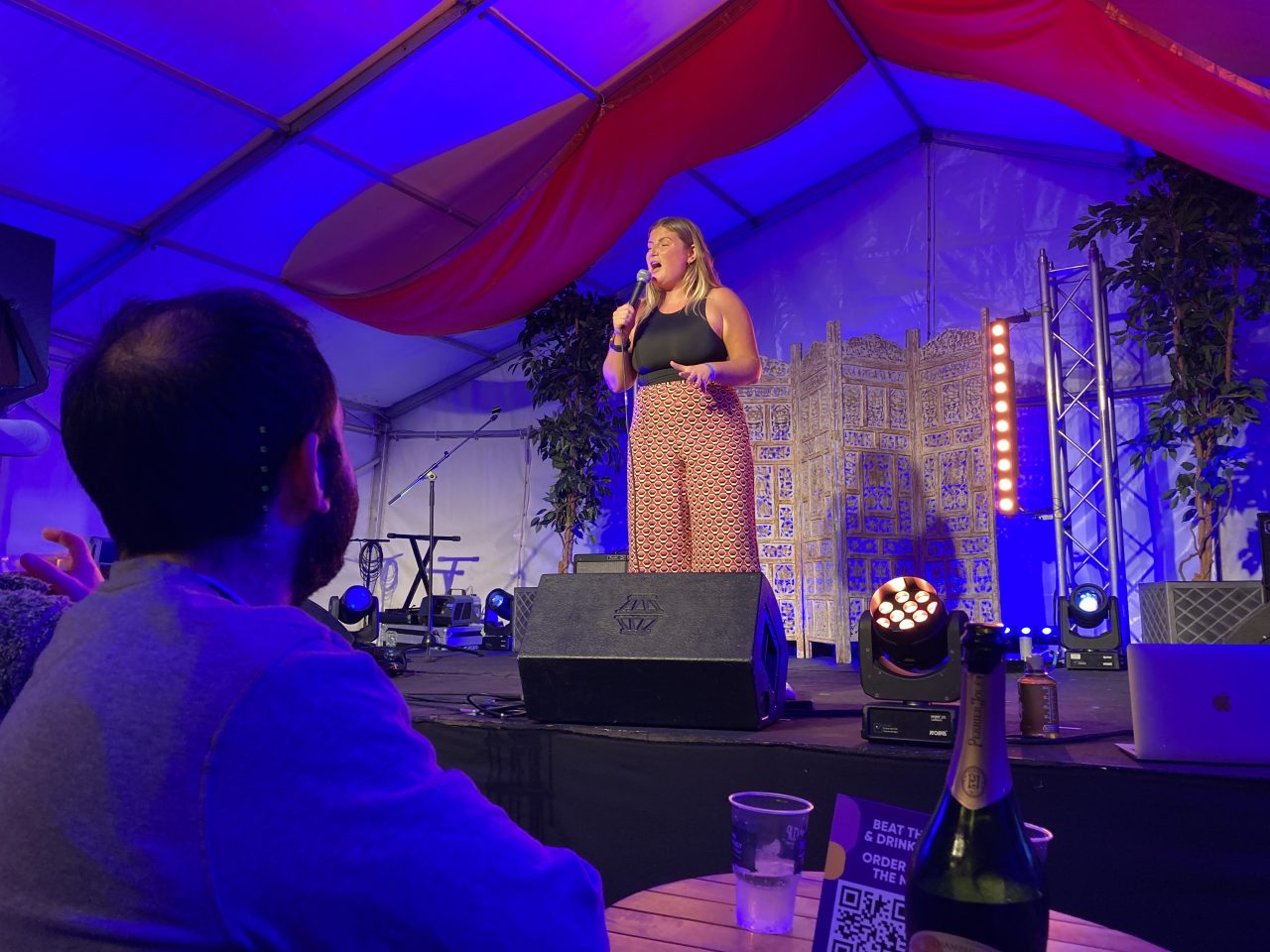
Or might developments in computer power bring us a better picture of reality?
Should we reject the claims for Big Data as marketing hype for Big Tech that obscured a darker reality?
DEBATE: Dreams, Delusions and Data
CONTEXT: Back in the early 2000s, Silicon Valley promoted Big Data as the means to revolutionise not only marketing and business, but the scientific method itself. Theories were no longer necessary or desirable, instead big data would drive change and understanding. Physics and biology were to be transformed. Yet the claimed scientific breakthroughs do not appear to have materialised. And instead of being neutral and value free many argue big data embeds the prejudices of those writing the code.
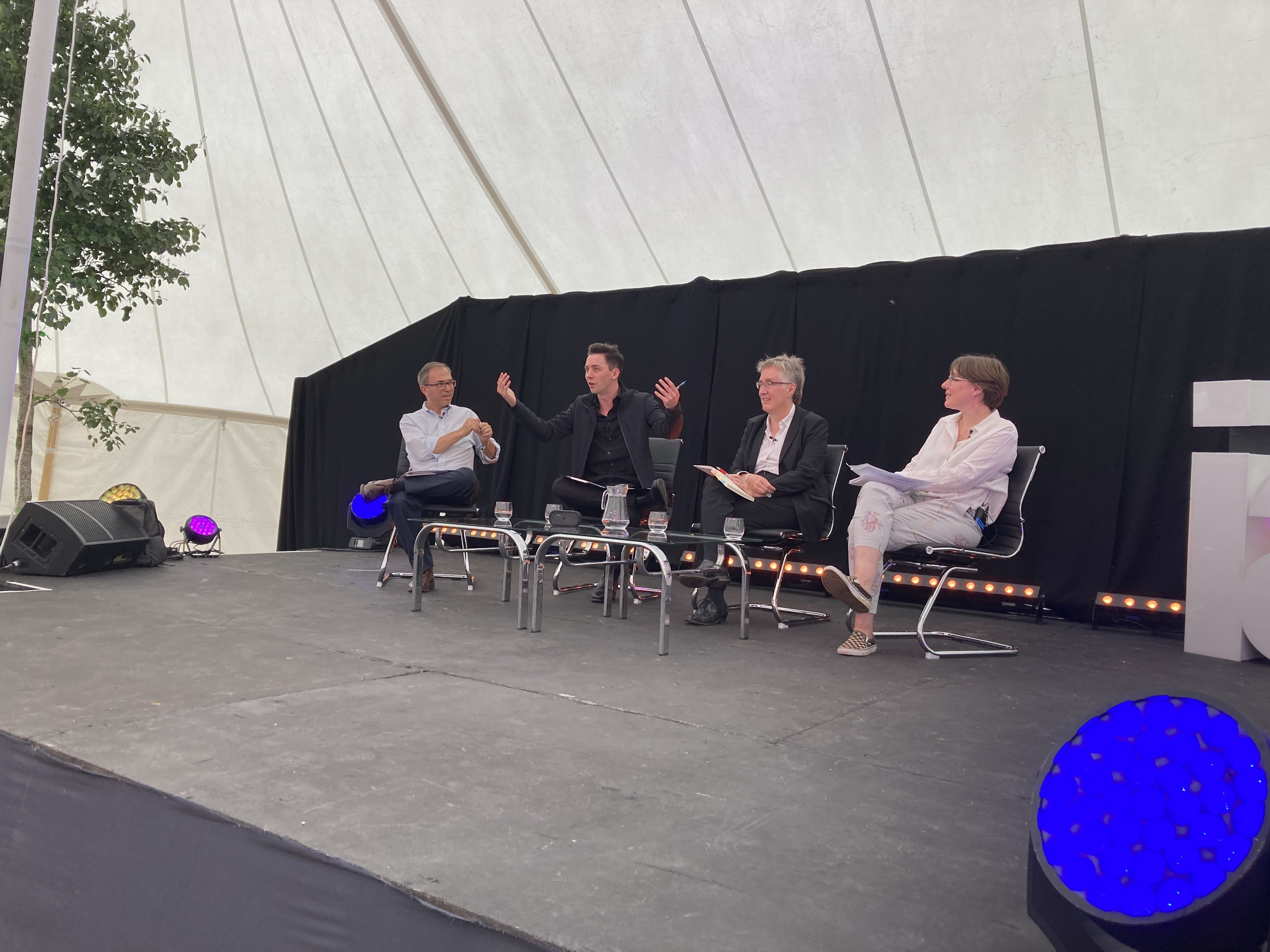
QUESTIONS: Should we reject the claims for Big Data as marketing hype for Big Tech that obscured a darker reality? Should we conclude theories are not only necessary but unavoidable? Or might developments in computing power enable machines to identify patterns that are more powerful than any theories humans can dream up and bring us a better picture of reality?
QUOTES: Joanna Bryson says: “The contrast between data and theories is not really as big as it seems. Models are theories. They are an abstraction. Because you use them to predict the future. But big tech creates this anti-university, anti-intellectual narrative that says to prospective students: you don’t need theory, don’t go to university, come to us and we’ll give you courses and we’ll pay you 100k pounds a year. This created disruptions of universities. And the great minds that go to work for the big tech labs seem to slow down and stop doing really interesting work.”
Noortje Marres says: “The big claims of big data and Big Tech mostly don’t hold up when social scientists scrutinise them. Good science is minimal data maximum insight. But big is what we have gotten. Big claims, big money, big tech, big data.”
Joanna Bryson says: “If you train AI on the data that your harvest from the internet and our current behaviours, you build the implicit bias that is part of our lived experince into the AI. People of colour simply live different lives than other people, as a result of their skincolour. And if you want to change or remedy the world for the better, that’s a problem.”
Noortje Marres says: “Big tech often claims that data is naturally found in society, but this data is highly artifical. It is in fact interactive data, since the systems that collect these data requires users to actively participate in the co-created production of this data. Big data frames us as passive subjects that have to be managed, rather than active participatory citizens. We also have to talk about the way big data facilitates secrecy, privatisation and unaccountable decision making, without informed consent.”
“It’s also not true that good AI is opaque”, says Joanna Bryson. “This is a narrative that plays into the hands of players like Google, who want to argue that their AI is too difficult to regulate. But we can have very good AI that lets us look at the models it uses. These big companies don’t have democratic legitimacy. They nudge our behaviours without any oversight. And that worries me. We really need to work on the governance problem right now.”
Kenneth Cukier says: “I think we need a balanced view of it. The people who evangelise the negative side need to tone down, because the default is already negative.”
Can we ever experience what it’s like to be another person or animal?
How do non-human minds think?
TALK: Alien Thinking
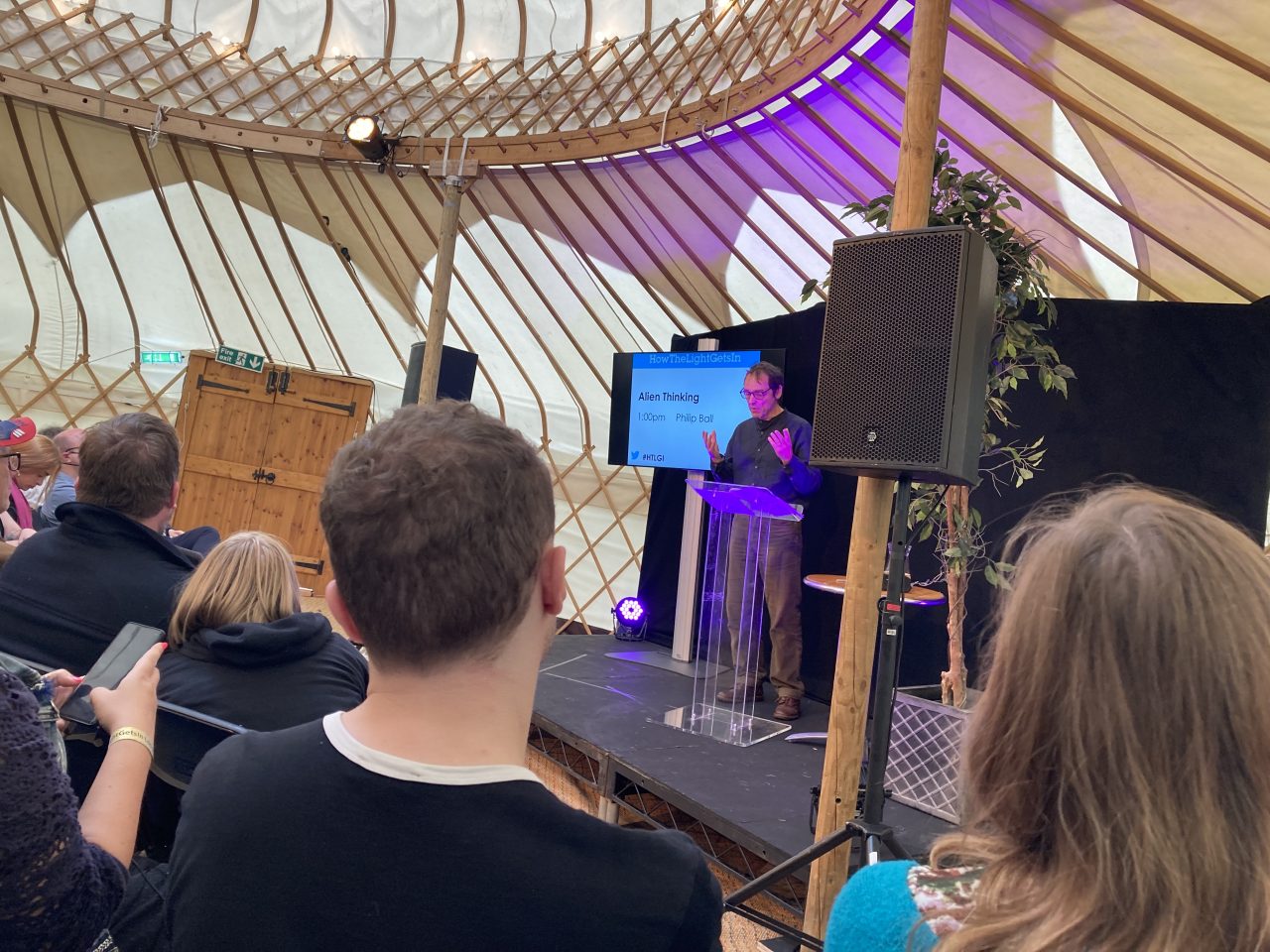
QUOTE: Philip Ball says: “Out only hope of understanding the universe is looking at it from as many different mind-sets as possible. There is a diversity of minds and recognising that space may allow us to harness this diversity. Can we ever experience what it’s like to be another person or animal? You may want to read: Being a Beast, by Charles Foster. A wonderful account of a doomed enterprise.”
Is truth an outcome of competition between memes?
Is meme theory an exciting new framework that identifies the importance of concepts and culture?
DEBATE: Memes All the Way Down
CONTEXT: Memes are everywhere. But the term was coined only a few decades ago by Richard Dawkins to describe ideas and cultural behaviour that can be copied and passed on from one individual to another. He took the radical line that memes are a stage in evolution, and that in the same way that humans are a carrier for their genes, we have now moved to a stage where humans are a carrier for their memes. We don’t so much choose our memes as they choose us.
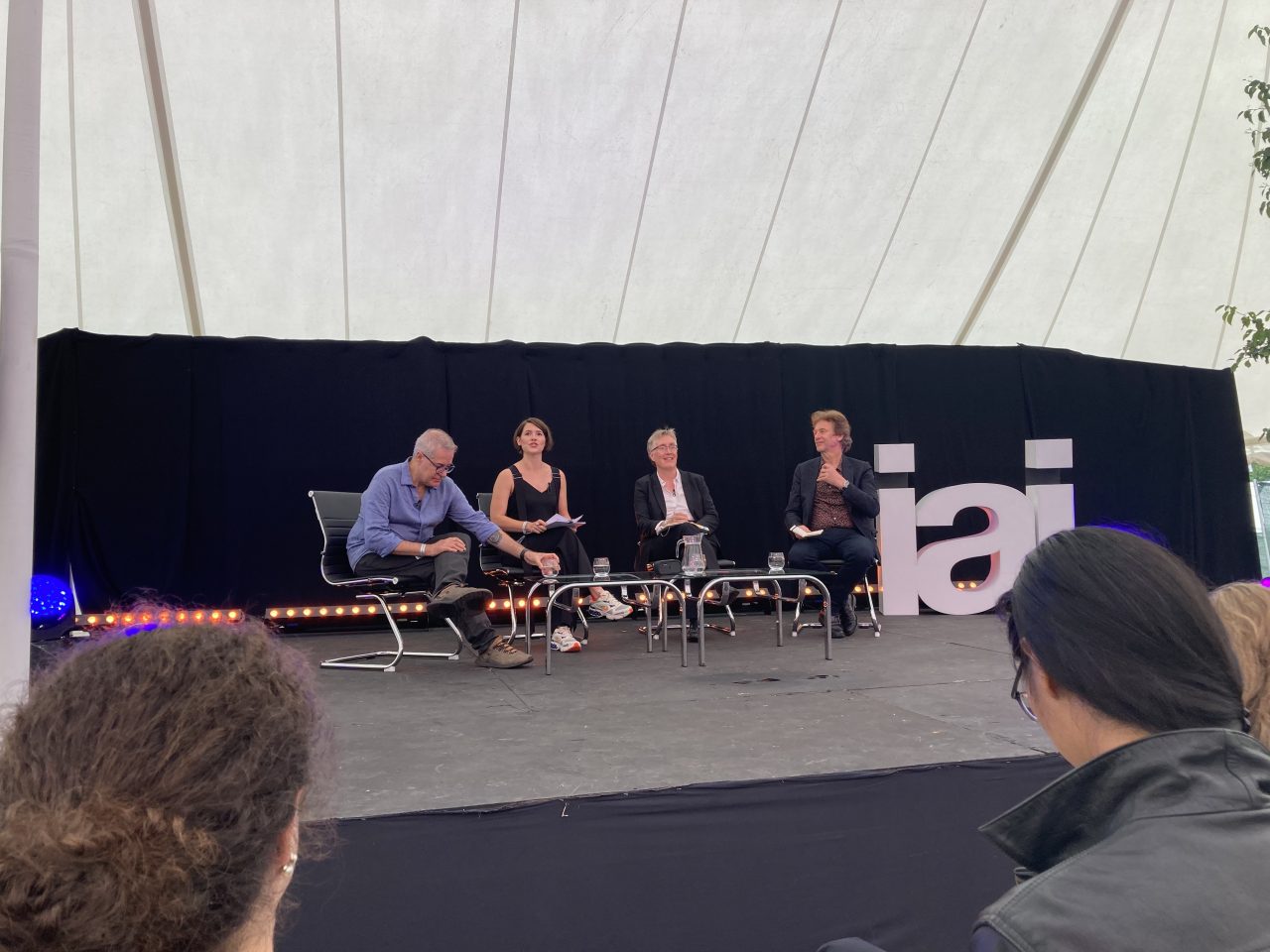
QUESTONS: Is meme theory an exciting new framework that identifies the importance of concepts and culture? Or is the very idea of a meme a misguided and reductionist account of what it is to be human? And if we adopt the meme theory as correct, is Dawkins’ own theory itself a meme and its success independent of its truth?
QUOTES: Massimo Pigliucci says: “It’s not a theory. It’s an analogy, even Dawkins doesn’t consider it to be a serious theory. Nobody is publishing things about memes anymore. It is leading nowhere. A research programme has to be generative to be useful, it has to produce new research and new questions. Memes are too vague a concept. You keep hearing: ‘That is also a meme, and this too, and this and this.’ What is missing is a desciption of the mechanism that produces more or less successful memes, which allows you to predict the future as a proper theory should.”
Joanna Bryson says: “It is exciting. But it is not entirely new. To the extend that the gene is a thing, we can also say the meme is a thing. As a scientist I find it a useful metaphor. With memes, one of the experiments I have been wanting to do is to see how many memes peole absorb before they are confident enough to start expressing the memes themselves. But it’s hard to imagine how this experiment would have to be conducted.”
Hilary Lawson says: “We usualy think of ourselves as having an idea, but Dawkings said that our ideas have us, if you will. It’s an exciting shift in thinking, and it has explanatory power. But Dawkins may have given up on his own idea about memes, because it changes our relationship to truth. Memes are not true, they are simply successful or not. Truth then seems to be an outcome of competition between memes, rather than being determined by people. And Dawkins likes absolute objective truth, which is why he is so critical of religion. But I find the idea of memes interesting precisely because it points to my account that our models and theories are not absolutely true desciptions of the world, they are just more or less effective and useful to us.”
Source: https://howthelightgetsin.org/festivals/september
